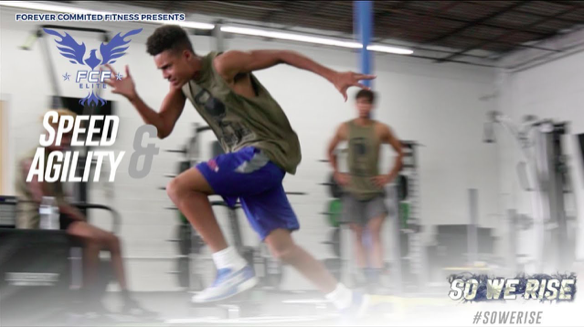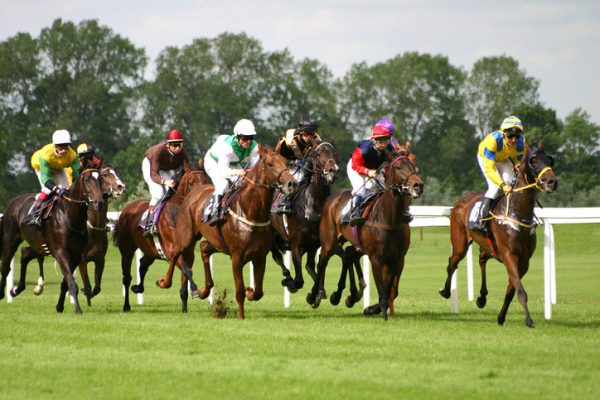It is the ultimate objective of every athlete to achieve peak performance. This is something athletes struggle with on a daily basis. To help athletes attain maximum fitness, a lot of companies, doctors and sports teams have invested a lot of their sources developing useful technologies, medicines, and new strategies.
Aside from just regular exercises and tips, there is no doubt about the importance of understanding the nature of the relationship between sport and performance psychology. When you have the right knowledge of how things go, this will for sure help you understand the best methods to ensure a useful athletes performance training program for yourself.
The relation between Mind and Body: What to Know?
The contemporary society looks up to professional and amateur athletes with the same amaze and expectations. We admire their jaw-dropping physical attributes and praise them for their incredible abilities to stretch themselves beyond the limits of the human body.
On the other hand, we also have great reverence for professionals who have extraordinary psychomotor skills and who have to perform their duties under massive pressures. Examples include surgeons, firefighters, police, and army men.
However, what must not be forgotten under all circumstances is that neither of these individuals came into this world bearing these capabilities. They acquired these skills at a much later point in their lives. Also, this scale of preparedness does not come easy. It literally takes years and years of dedicated practice and hard work.
If you are wondering how these professionals manage to attain such high control over their minds and bodies under high-stakes circumstances, it is imperative for you to know about sport and performance psychology. A subfield of psychology puts focus on determining and applying psychological principles which help athletes achieve peak performance, improve their physical abilities, and achieve optimal human performance.
How is Performance Psychology Helpful?
The usefulness of athletes’ strength training may be affected by applying certain psychological processes. Performance psychologists are experts with massive experience in helping professional athletes overcoming performance-related problems.
There are multiple ways psychological training program may be used to help athletes. Some experts teach strategies which will help clients enhance their physical strength. While others work with athletes who have anxiety and traumata issues and help them overcome these problems.
The third type of clients is one that requires help communicating with colleagues, teammates, and accepting the critiques coming from the coach.
However, these psychological issues are not related to athletes alone. Doctors may need immense help to regain the lost confidence from losing a patient. Actors and comedians can be provided this help to enable them to get back on stage following a poor review.
This training helps clients gain their lost confidence and overcome different types of confidence issues. The main objective of this program is to tap into the potential of human performance capabilities so that individuals could resist such situations better and give their optimum performance.

The Connection between Brain and Body
Recent studies have indicated that there is a link between motor-skills and humans’ cognitive abilities. One of the most useful discoveries was the study which concluded that even the smallest of differences in training techniques and methods could exercise a huge impact on the overall performance of an athlete.
The athletes mental training resources involved with proprioception and balance for standing were clearly shown to inhibit the capabilities of these athletes to give better performance and to exhibit adaptive behaviors at a cognitive level.
This research produced highly remarkable results. This was considered significant because the mental resources involved in the research were of the far lower level as compared to sports play.
Through rigorous training and accurate measuring of the cognitive threshold of the athletes involved in the experiment, the researchers realized for the first time that there exists a subtle yet highly impactful connection between the mind and the body functions requiring physical prowess. The study further went on to elaborate the usefulness of the neuroscience tools in the understanding of athletic potential at new levels.
There’s a lot more of such studies and researches that have ultimately proven the link between physical performance and the well-being of mental health. In order to enhance an athlete or a professional’s performance, it does matter how much attention they pay to their mental health.




